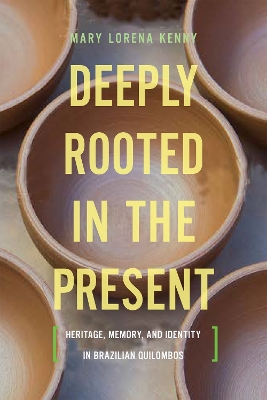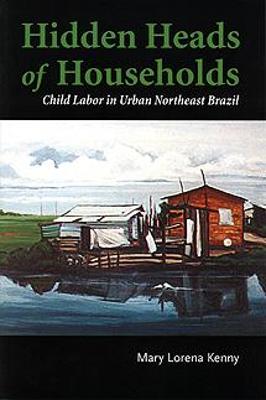Teaching Culture: UTP Ethnographies for the Classroom
2 total works
Asking what it means to be quilombola (descendants of African slaves) in the twenty-first century, Kenny illustrates how heritage and identity do not simply exist, but are continually being constructed to reflect particular historical circumstances. The book includes supplementary exercises that encourage readers to make connections between the case study at hand, their own heritage, and heritage-making efforts in other parts of the world.
In the cities of Northeast Brazil where 50 per cent of the population lives in poverty, children play a key role in the local economy in their households, in formal jobs, and in the thriving informal sector (washing cars, shining shoes, scavenging for recyclables, etc.). Why children migrate to the city, how they negotiate their existence, and why they stay are just some of the questions addressed in this fascinating study. Mary Kenny spent close to 15 years in the urban areas of Northeast Brazil talking with and interviewing children. She even gave them disposable cameras to document their daily lives (many of the photographs they took are included). Rather than lament a lost childhood, or try to save these children, Kenny explores some of the complex conditions under which these children work and live. She illustrates how unrelenting scarcity shapes family and, by extension, children's options, decisions, and worldviews. The issues raised in this book are of critical importance. There are no easy answers, but listening to how these children define themselves and their circumstances is an important step towards understanding and ultimately solving economic and social inequality. "

